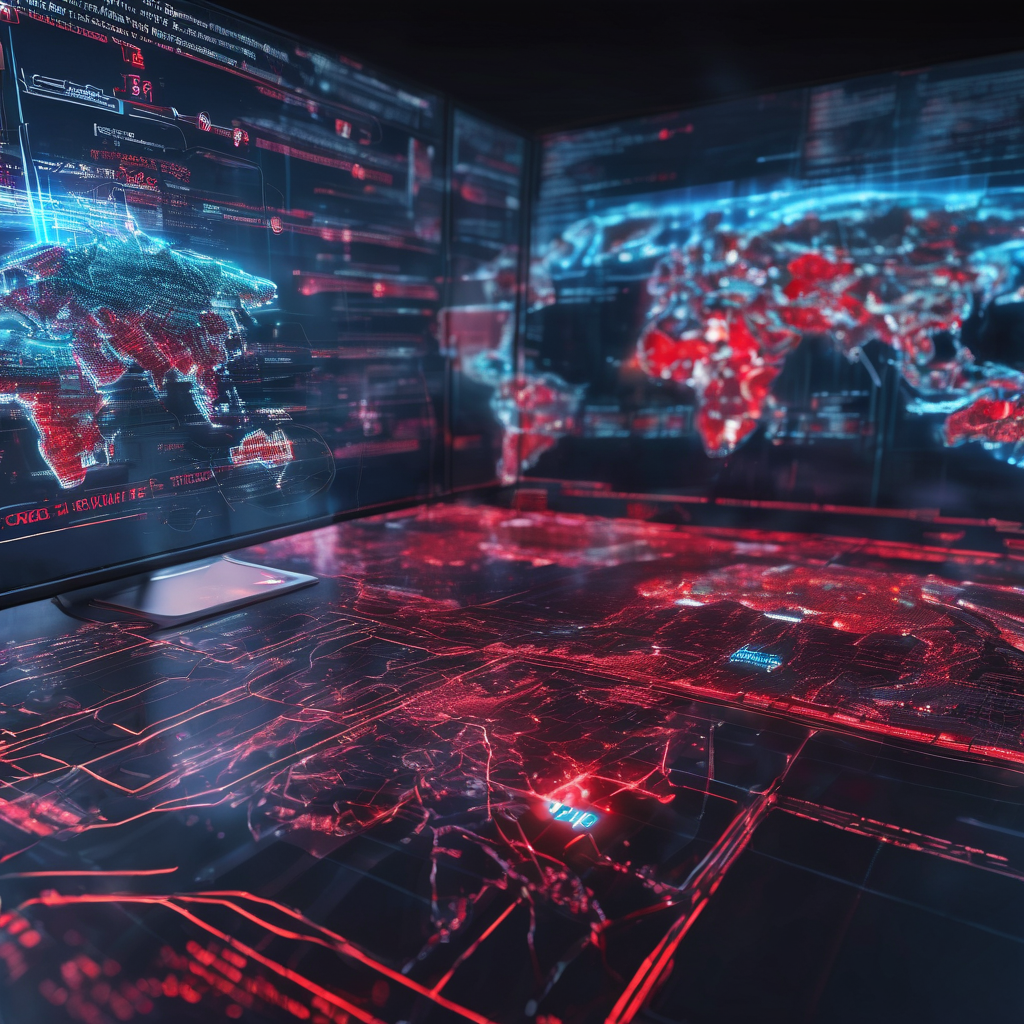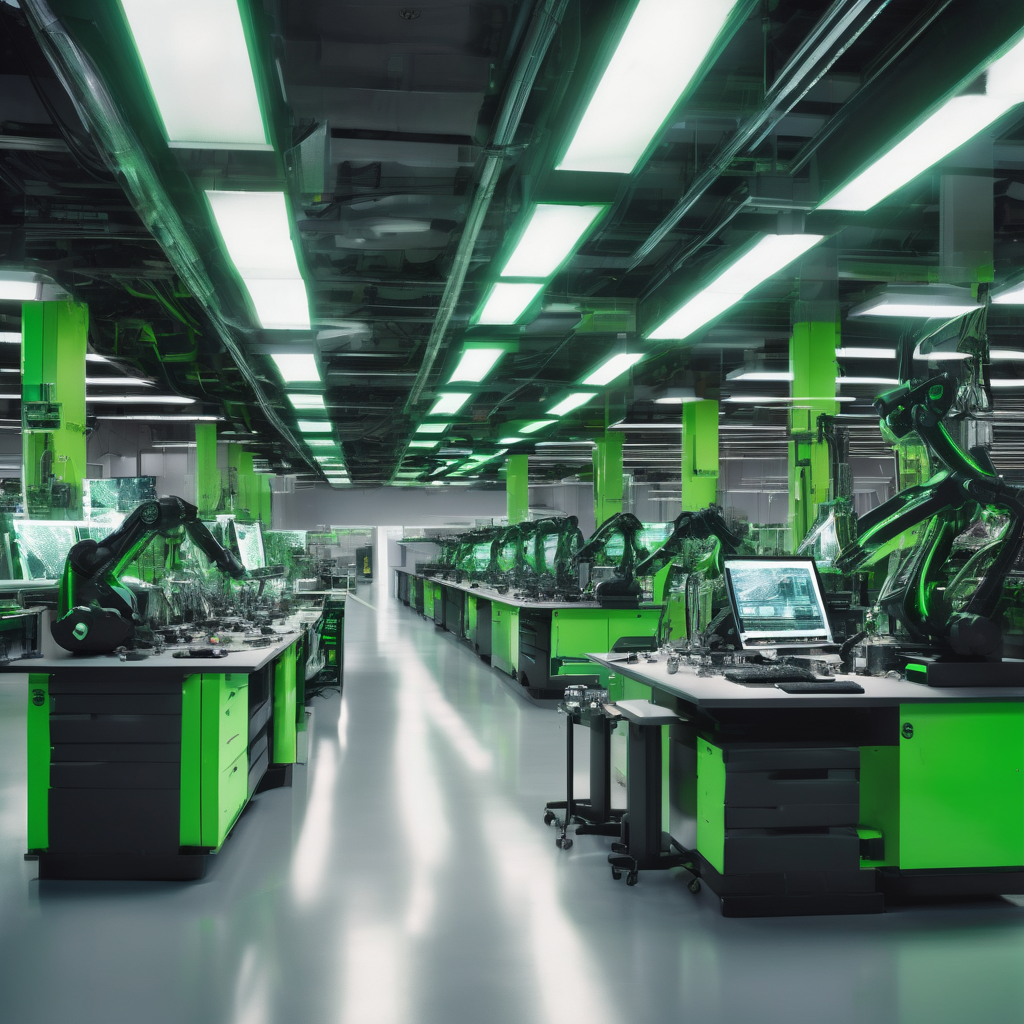
Artificial intelligence (AI) has advanced rapidly in recent years, giving rise to a popular trend on social media: AI-generated videos. Created using sophisticated AI algorithms, these videos demonstrate the creative and technical power of modern AI systems. From deepfakes mimicking famous personalities to lifelike animated scenes, AI-generated videos have captivated millions of social media users globally. This surge in AI video content unlocks new opportunities for creativity and entertainment. Users experiment with various styles and formats, leveraging AI tools that produce impressively realistic visuals and audio. Such innovation fuels the viral spread of AI videos, as people share and remix content, pushing digital media creation beyond previous limits. However, the rise of AI-generated videos presents significant challenges, especially for content moderation teams on social media platforms. Unlike traditional user-generated content, these videos can be deceptively realistic and hard to distinguish from genuine footage. This complicates efforts to identify misleading or harmful material, such as deepfakes designed to spread misinformation or manipulate opinions. Consequently, content moderators face growing pressure to adopt new strategies and advanced technologies to detect and manage problematic AI-generated videos. This includes using AI-driven detection tools that analyze subtle features unique to synthetic media, alongside enhancing human review processes with specialized training focused on emerging AI content types. Social media platforms also emphasize educating users about the ethical issues tied to creating and sharing AI-generated videos. As these videos become more pervasive, platforms initiate programs informing users about potential risks and responsibilities related to AI content—privacy, consent, misinformation, and effects on public discourse among them. The ethical concerns are complex. AI-generated videos can be made without the consent of individuals portrayed, threatening personal rights and dignity.
Moreover, widespread deepfake content can erode trust in authentic media, making it harder to distinguish truth from fiction. Social media companies thus strive to cultivate a more informed user community capable of critically assessing AI-generated content. Beyond education, platforms explore policy frameworks tailored to AI-generated media that balance fostering innovation with user protection. For example, clear labeling requirements can help viewers readily identify synthetic videos. Some platforms consider stricter rules against malicious use of AI videos paired with penalties for violations. The emergence of AI-generated videos on social media marks a dynamic, rapidly evolving landscape. While offering unprecedented creative and expressive possibilities, it simultaneously challenges existing content governance and user engagement models. Stakeholders from the tech industry, academia, and civil society actively discuss how to understand and address these complex issues. Looking forward, AI-generated content is likely to continue growing, driven by advances in machine learning, computer vision, and audio synthesis. As these technologies become increasingly accessible, the volume and variety of AI videos will rise, requiring ongoing adaptation by social media platforms and their moderation teams. In conclusion, the viral phenomenon of AI-generated videos is reshaping both creative landscapes and content moderation approaches. It highlights the urgent need for innovative detection tools, robust ethical guidelines, user education, and comprehensive policies to tackle challenges posed by synthetic media. By proactively addressing these areas, social media platforms can harness the positive potential of AI videos while minimizing risks, fostering a safer, more trustworthy digital environment for all users.
The Rise of AI-Generated Videos on Social Media: Opportunities and Challenges


YouTube is rapidly evolving by integrating advanced AI-powered tools to enhance content accessibility, security, and monetization for creators.

Artificial intelligence company Anthropic reports uncovering what it believes to be the first large-scale cyberattack primarily carried out by AI, attributing the operation to a Chinese state-sponsored hacking group that exploited Anthropic’s own Claude Code model to infiltrate around 30 global targets.

Artificial intelligence (AI) is fundamentally reshaping SEO analytics and reporting by delivering unparalleled insights into website performance and user behavior.

Marketing has long been viewed as a delicate balance between art and science.

Hon Hai Precision Industry Co., well-known as a key production partner for Nvidia Corporation in the server manufacturing sector, recently reported an 11% rise in its quarterly sales.

In the rapidly changing digital marketing realm, generative AI has transformed from a novelty to a necessity.

On November 12, 2025, the AI industry saw major investment and growth as Anthropic and Microsoft announced ambitious plans to build new AI computing infrastructure in the U.S. Anthropic, known for its Claude chatbot, unveiled a $50 billion investment to develop advanced data centers in Texas and New York, partnering with UK-based Fluidstack.
Launch your AI-powered team to automate Marketing, Sales & Growth

and get clients on autopilot — from social media and search engines. No ads needed
Begin getting your first leads today